The Murder of Nikolai Vavilov
The Washington Post has a review (or really, a historical piece inspired by a new book--the article doesn't really seem to be about the book itself) of The Murder of Nikolai Vavilov, by Peter Pringle, up online (apparently posted from the future, given that it gives July 13th as the date). I haven't read the book, but I know the basics of the story.
Vavilov isn't as well known as he should be, but his death is a symbol of a dark era in Soviet history, one whose effects were probably far greater than they are often given credit. Vavilov was a great botanist and geneticist, author of the modern theory of crop centers of origin and perhaps the greatest driving force behind a system of agricultural research which grew enormously in the early years of the Soviet era. He gathered germplasm from across the vast Soviet empire, he pushed to develop plant breeding across the country, and he studied genetics and heredity. This last would prove to be his undoing, as the rise of his rival Trofim Lysenko under Stalin strangled the study of genetics in the U.S.S.R. Lysenko took Vavilov's job, as the latter was shunned, defamed, and eventually, jailed, tortured, and killed by Stalin's secret police, and the strong foundation of research Vavilov had built was systematically dismantled in favor of Lysenko's junk science. Collections were lost, great scientists fired or killed, results suppressed, and a generation of students denied a real education in breeding. Soviet agriculture was plunged into a dark ages it has to some extent never recovered from.
Lysenko got about five minutes in my high school biology class and no time at all in history. Yet it the repeated failures of Soviet agriculture were one of the greatest stresses on the communist system, and one has to think that they contributed significantly to the eventual fall of the communist regime.


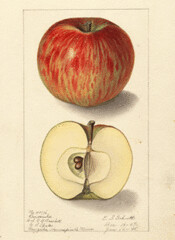
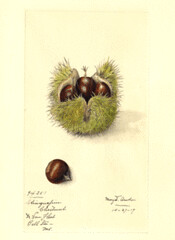
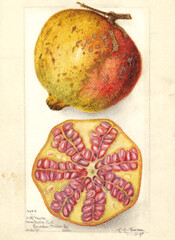
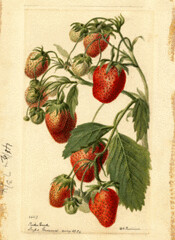
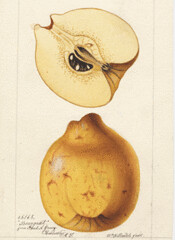



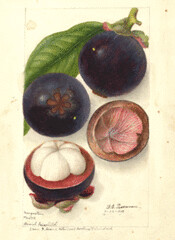
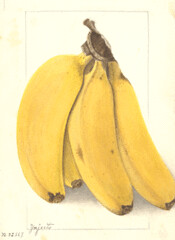

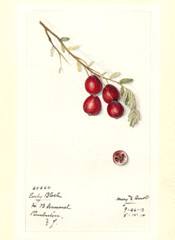
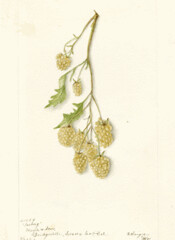
1 Comments:
air jordan
hermes belt
curry
steph curry shoes
curry 8
curry 7 shoes
kyrie irving shoes
moncler jackets
yeezy 700
100% real jordans for cheap
Post a Comment
<< Home